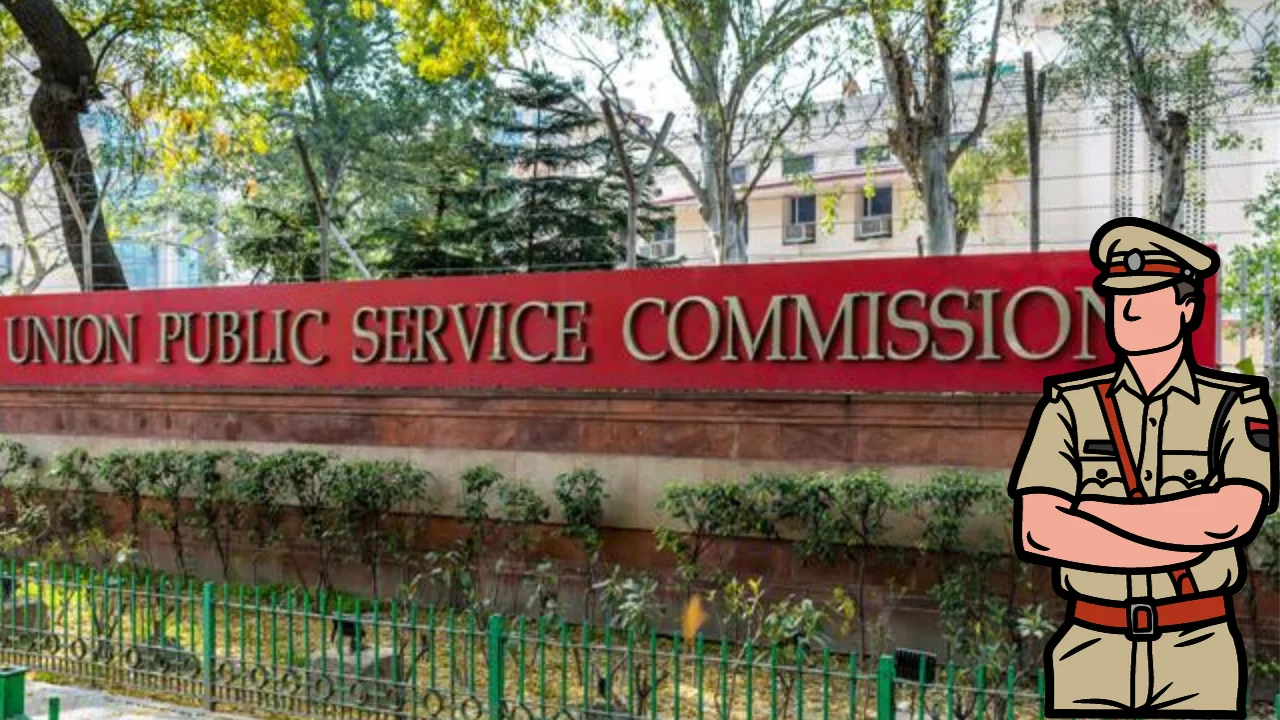The Union Public Service Commission (UPSC) has introduced amended guidelines, specifying that only police officers with a minimum of six months of service remaining before retirement will be eligible for consideration for the position of Director General of Police (DGP) in a State.
Additionally, the Empanelment Committee established by the UPSC will no longer evaluate Indian Police Service (IPS) officers serving on central deputation for the role of a State DGP if the Union Ministry of Home Affairs (MHA) communicates to the State government that it cannot release these officers.
Closing Loopholes
- Government officials have clarified that these amendments explicitly state what were previously considered unwritten norms.
- Some States have appointed DGPs who were close to retirement, and others have resorted to naming acting DGPs to avoid the UPSC selection process.
- The revised guidelines aim to discourage States from appointing officers on the brink of retirement to extend their tenure, often referred to as “favorite officers.”
- The amended guidelines, issued on September 22 and communicated to the States on September 26, also allow officers with 25 years of experience to be appointed as a DGP, in contrast to the previous requirement of a minimum of 30 years of service.
- The number of shortlisted officers cannot exceed three but can be fewer than three in “exceptional circumstances.”
It’s worth noting that officers will only be included in the panel if they express their willingness to be considered, as per the guidelines.
States bypassing the UPSC process
The amended UPSC guidelines were introduced in response to a trend where several States, including those governed by the BJP, opted to appoint acting DGPs instead of regular DGPs. This allowed them to bypass the requirement of selecting DGPs from the panel chosen by the UPSC. States like Uttar Pradesh, Punjab, Andhra Pradesh, and Telangana have all appointed “in-charge” DGPs or DGPs with “full additional charge.” Uttar Pradesh, for instance, has not had a full-time DGP since 2022.
Former Punjab DGP V.K. Bhawra has taken his concerns to the Central Administrative Tribunal regarding the appointment of Gaurav Yadav as the acting DGP by the Aam Aadmi Party government in Punjab. Bhawra was transferred in the middle of his term, even though UPSC rules prescribe a two-year fixed tenure for a State DGP. In June of this year, Punjab passed legislation to independently appoint the State DGP in an attempt to circumvent the UPSC’s empanelment process. However, the Punjab Police (Amendment) Bill, 2023 requires the Governor’s assent to become law, and it has not received that approval yet.
It’s important to note that while the police is a state subject, IPS officers, who belong to the All India Services, are appointed by the UPSC on behalf of the Union government, and their services are allocated to State cadres.
Tightening Norms
A senior government official, speaking on the condition of anonymity, explained that States often appoint acting DGPs to avoid the UPSC selection process. While States do send names of officers for the panel, there have been instances where the officers selected by the UPSC were not acceptable to the States.
Another official pointed out that the clause regarding not including officers on central deputation in the UPSC panel without the Centre’s consent was implied but had never been explicitly defined before. It was open to interpretation. Additionally, the condition that only officers with at least six months of service remaining would be considered for the two-year DGP post has now been clearly mentioned in the guidelines. Although this requirement existed previously, some States had appointed DGPs close to retirement, giving them an extended tenure.
Background
The UPSC first established guidelines for preparing a panel for State DGP appointments in 2009, following the Supreme Court’s verdict in the police reforms case of 2006. Prakash Singh, the former DGP of Uttar Pradesh, had filed a petition related to police reforms, leading to a series of directions from the Supreme Court. These directions mandated that the DGP should be selected by the State government from among the three senior-most officers in the department who had been empaneled for promotion to that rank by the UPSC. The selection was based on their length of service, very good service record, and the range of experience required to lead the police force.
The committee is responsible for appointing the State DGP is chaired by the UPSC Chairman and includes the Union Home Secretary, the State’s Chief Secretary, and DGP, and one of the heads of the Central Armed Police Forces nominated by the Ministry of Home Affairs (MHA) who is not from the same State cadre.
Defining Experience
The revised guidelines, which were issued in September, outline the areas to assess the range of experience required for an IPS officer to lead a State police department. They stipulate that an IPS officer must have ten years of experience in areas such as law and order, the crime branch, the economic offenses wing, or the intelligence wing. Additionally, deputation to central bodies like the Intelligence Bureau, Research and Analysis Wing, or Central Bureau of Investigation is considered as valuable experience, among other criteria.
In 2021, the Union government proposed amending the Indian Administrative Service (Cadre) Rules, 1954, to allow the deputation of IAS, IPS, and IFoS (Indian Forest Service) officers to the Centre without requiring the State government’s approval. However, this proposal faced significant opposition from the States and has since been put on hold. The proposed amendment was prompted by the Union government’s pressing need for All India Services officers due to a shortage. Despite existing provisions, States have not been nominating enough officers for Central deputation. Moreover, in many cases, officers themselves are unwilling to serve in the Union government.
- Weekly Current Affairs 2025 PDF For Bank, SSC, UPSC Exams
- Unsung Heroes of India: 10 Unknown Freedom Fighters You Should Know
- 26 December Current Affairs 2023 in English
- Daily Current Affairs 2025, Check Today’s Current Affairs
- April Month Current Affairs 2024, Download PDF
- June Month Current Affairs 2024, Download PDF

Hello, I’m Aditi, the creative mind behind the words at Oliveboard. As a content writer specializing in state-level exams, my mission is to unravel the complexities of exam information, ensuring aspiring candidates find clarity and confidence. Having walked the path of an aspirant myself, I bring a unique perspective to my work, crafting accessible content on Exam Notifications, Admit Cards, and Results.
At Oliveboard, I play a crucial role in empowering candidates throughout their exam journey. My dedication lies in making the seemingly daunting process not only understandable but also rewarding. Join me as I break down barriers in exam preparation, providing timely insights and valuable resources. Let’s navigate the path to success together, one well-informed step at a time.






